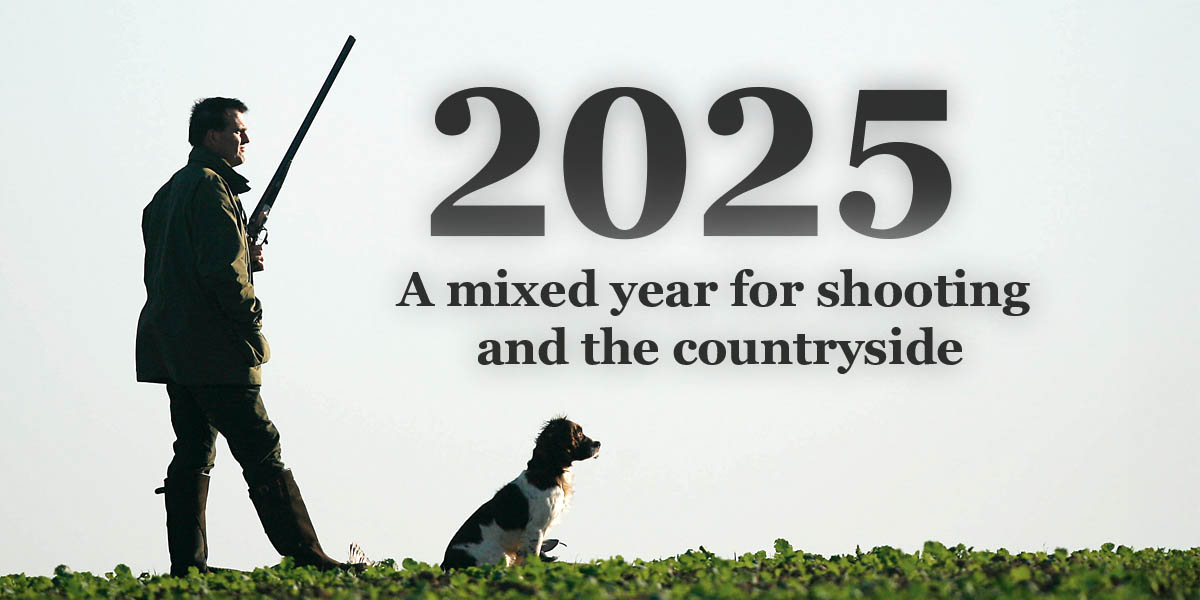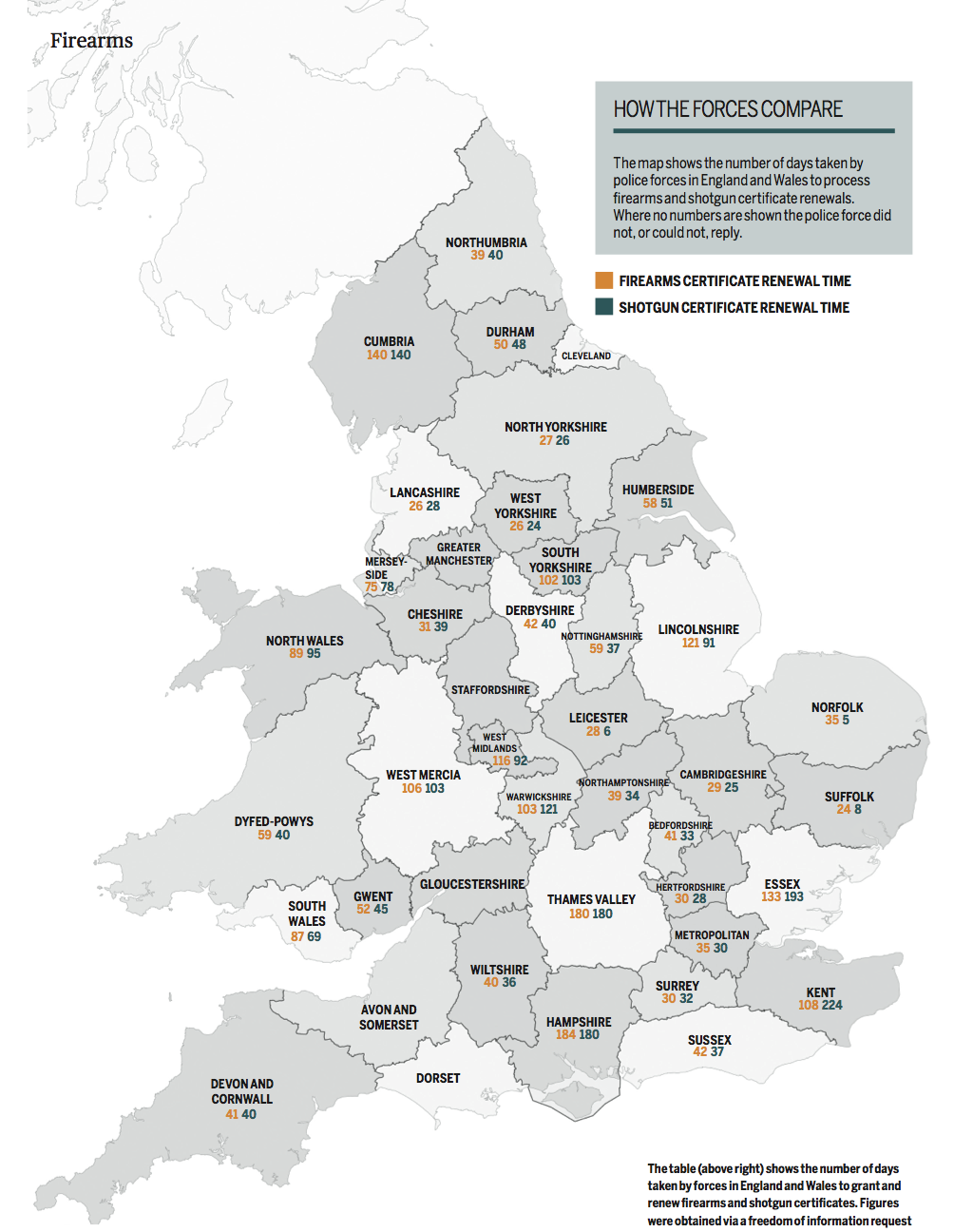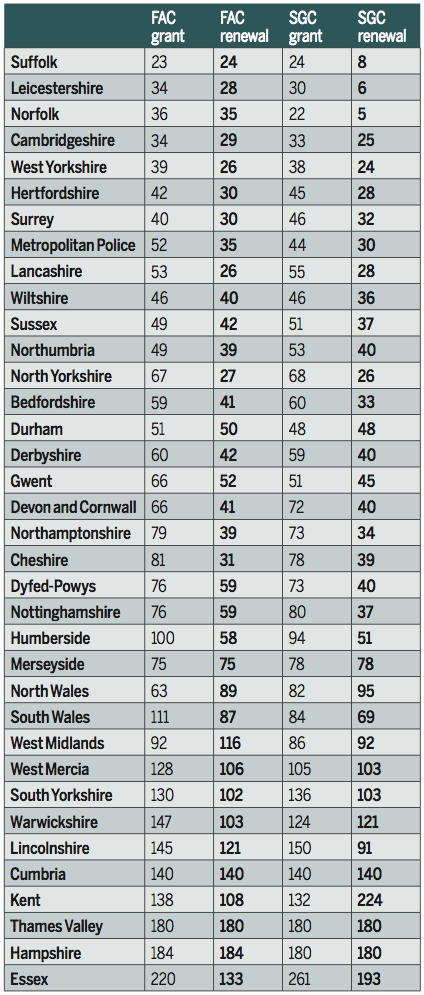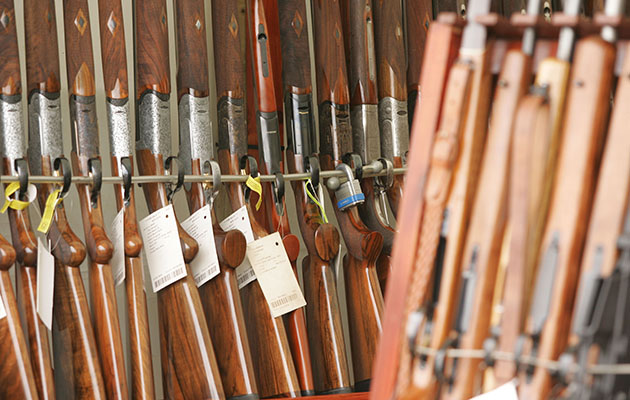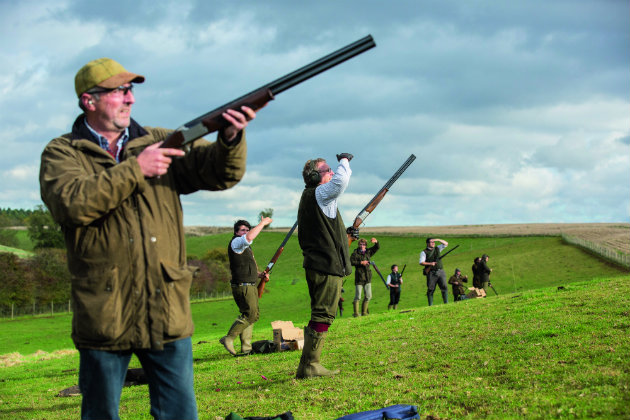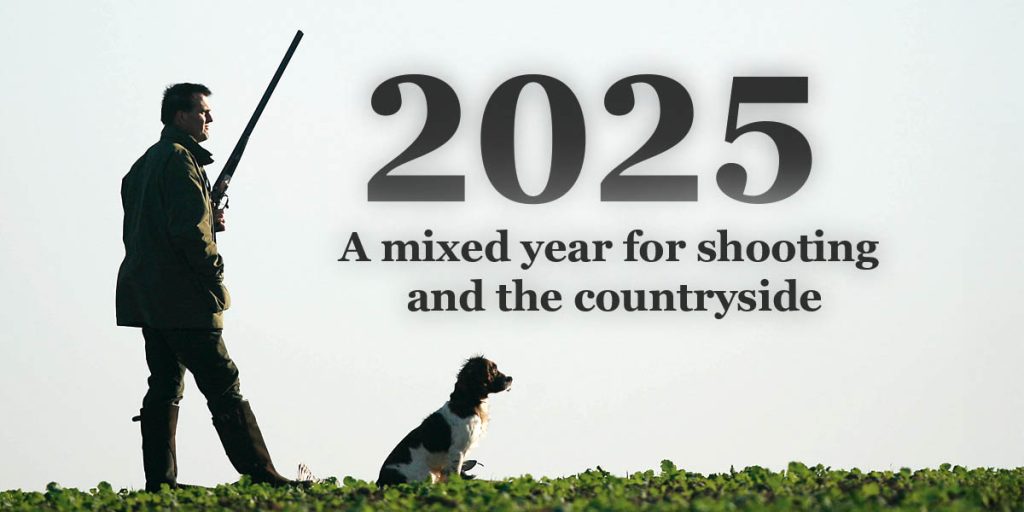In September 2015 HM Inspectorate of Constabulary (HMIC) published its report into the efficiency and effectiveness of the firearms licensing system. It had the…
Win CENS ProFlex DX5 earplugs worth £1,149 – enter here
Firearms licensing: the best and worst revealed
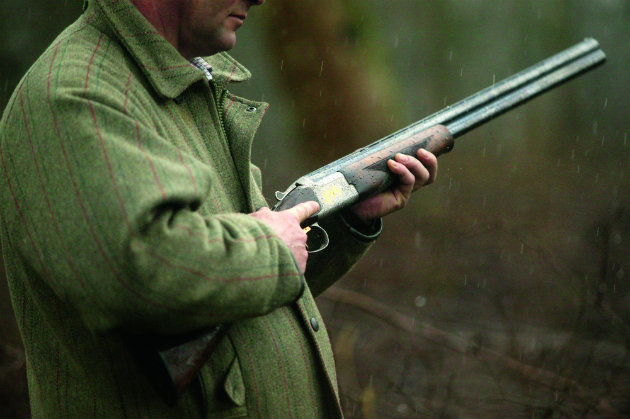
It now seems unbelievable that in 1916 you could buy and own as many guns as you liked without let or hindrance. That changed in 1920 when firearms ownership was controlled, but shotguns were not controlled until 1967. For 21 years thereafter we had a light-touch shotgun control system that worked pretty well, but the bureaucrats had to have their day and in 1988 the present convoluted system was introduced.
The length of time it takes to handle renewals
Though many aspects of the latter system are an administrative nightmare, you’d have thought the police would have got their act together by now. Some forces have, but many haven’t and, according to HM Inspector of Constabulary (HMIC) in 2015, good practice is the exception rather than the rule. As users, the main thing that affects us is the length of time it takes to handle grants, renewals and variations. There are more moans in the beaters’ room about that than anything else.
Huge disparity
In its report HMIC published an interesting graph showing how long, on average, grants and renewals took in the English and Welsh forces in 2014-15. It made depressing reading, not only because some forces seemed to take forever but also because of the huge disparity between the best and the worst. For example, Norfolk was taking an average of 26 days to process a firearms certificate (FAC) grant; Essex was taking 154 — almost six times as long.
National average 61 days for a firearms certificate
The disparity on SGC was even more marked at 27 days in Norfolk and 165 in Essex. Others with dismal figures for FAC grants included Gloucestershire, Warwickshire, West Mercia and Hampshire. Dorset, Hampshire and Essex were especially bad for shotgun certificate (SGC) grants. Nationally, the average was 61 days for an FAC grant and 56 for an SGC. Renewals came out at 42 and 36 respectively.
Not all forces kept the information about turnaround time, though you’d have thought it would be an excellent management tool. Some of those that did only kept partial figures or kept them in a way that made fair comparison difficult. HMIC thought that the annual publication of these figures would be useful. How else could the Police and Crime Commissioner (PCC) know how well his force is performing without such data?
Annual statistics on firearms ownership
One of HMIC’s recommendations was that the Home Office should capture and publish this information as part of its annual statistics on firearms ownership.
The annual statistics for 2015-16 were published in the summer and guess what — they didn’t contain the turnaround information. I made an Freedom of Information (FOI ) request to the Home Office to find out why and an answer to the effect that it wasn’t going to tell me. The Home Office no longer believes it runs policing and has handed the task to the PCCs. So I made my own FOI request to the English and Welsh forces to ascertain turnaround times. Dorset (fifth worst in the HMI C table) and Greater Manchester (12th worst) didn’t reply. Four forces said they didn’t keep the information (though they’d been able to provide it to HMI C) and some provided only partial information. Producing a graph that compares with that given by HMI C proved impossible. In general things seemed to have got worse. The average for FAC and SGC grants was 84 and 83 days and for renewals 67 in both cases. That’s about a third longer for grants and over half as long again for renewals.
Don’t believe everything in the table
The results of my request are in the table below where forces are ranked in order of merit. Merseyside and Hampshire only provided grant information so I have assumed the same figures for renewals, though this probably makes them look worse than they really are. For Thames Valley I have assumed six months as this is the time at which they send out renewal reminders. In practice SGC renewals there are now taking up to 10. months — you get a six-month temporary permit 4. months before your ticket expires. The City of London has so few certificates that I’ve not included them.
Some forces, especially the poor performers, may massage the figures, so don’t believe everything in the table. In at least two forces, an FAC will be renewed automatically on expiry. This is to avoid problems that arise because expanding ammunition cannot be held on a permit. However, you don’t actually get the FAC until much later, though it shows on the system as renewed. If you want to buy ammunition you can’t because you don’t have a physical certificate to show the registered firearms dealer.
If some forces can turn renewals round in under a month, why can’t they all? There’s no satisfactory answer to that question other than bad management.
BASC: The case for ten year shotgun and firearms certificates
The renewal process can be one of the most frustrating times in a certificate holder’s life. All too often we hear of delays, temporary…
Related Articles
Get the latest news delivered direct to your door
Subscribe to Shooting Times & Country
Discover the ultimate companion for field sports enthusiasts with Shooting Times & Country Magazine, the UK’s leading weekly publication that has been at the forefront of shooting culture since 1882. Subscribers gain access to expert tips, comprehensive gear reviews, seasonal advice and a vibrant community of like-minded shooters.
Save on shop price when you subscribe with weekly issues featuring in-depth articles on gundog training, exclusive member offers and access to the digital back issue library. A Shooting Times & Country subscription is more than a magazine, don’t just read about the countryside; immerse yourself in its most authoritative and engaging publication.



